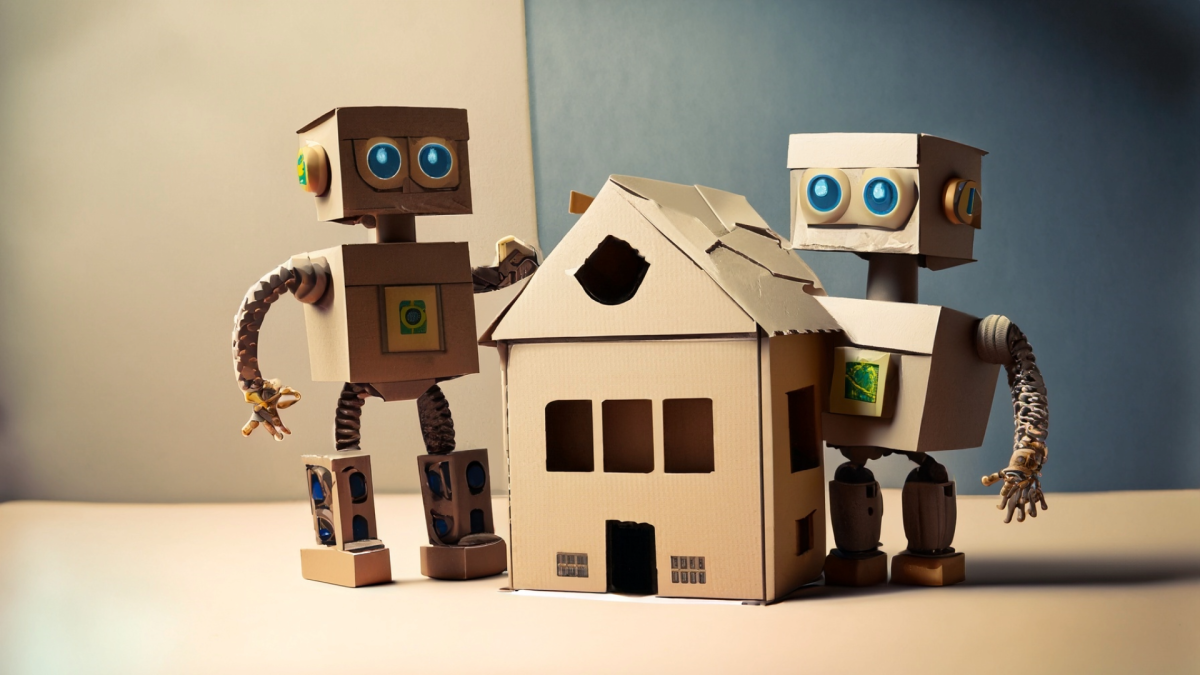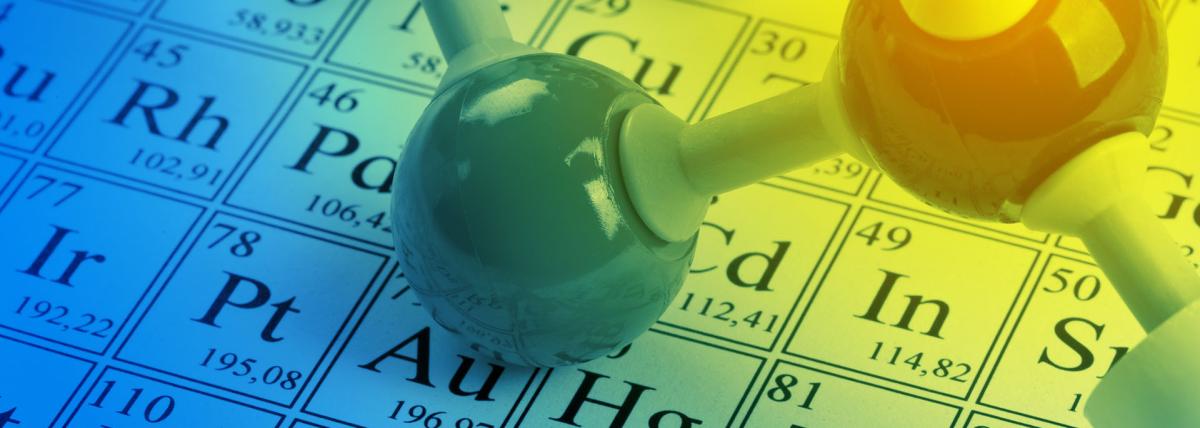Grades:
2nd Grade
This lesson is to introduce students to coding using EdScratch and Edison Robots. Students use LEGOs to build a house for grandma and figure out a way to keep her safe.
Grades:
7th Grade
In this interactive lesson, students will create a Duplo Lego Vehicle and test how forces affect motion. Students will be placed in groups of 3-4 and be given a force to test. They will decide which
Grades:
7th Grade
This is Task 1 (Lesson 1) of four tasks (lessons) of an overall project of “Escaping 7th Grade Science Room.” Students will be constructing a mini zip-line after reviewing concepts. Students will
Grades:
5th Grade
Students will view and create examples of energy transfer in this activity that explores chain reactions. Students will summarize their learning and draw a model of their results.
Grades:
6th Grade
In this 1st lesson in a series of 3, students learn about the Great Pacific Garbage Patch. They create a model and write and defend a claim about humanity's ability to mitigate the problem. This
Grades:
8th Grade
Students will measure the height, diameter, and circumference of a tree in this engaging lesson. They will then determine a tree’s age by counting growth rings. Students will determine how rainfall
Grades:
6th Grade
Students will be working cooperatively to explore wind energy and electricity by engineering wind turbine blades.
Grades:
8th Grade, 9th Grade
Connect real world situations to the graphs of parabolas through flight. Groups will create PVC stomp rockets, collect data of their rocket's flight path and graph this path on paper to compare to
Grades:
4th Grade
Students are experimenting on their own to find out which materials would create the best water filter, after reading The Water Princess and discussing water scarcity. This engaging lesson combines
Spanish Retell of The Three Little Pigs -Los tres cerditos: y el lobo feroz using Beebots for Coding
Grades:
Kindergarten
• Student teams will work together in small groups to identify important story elements in a familiar story, then develop a plot diagram using Bee-Bots. • In a small group, students will use code to
Grades:
6th Grade, 7th Grade, 8th Grade
This is an 8-lesson unit that is designed to be used together to learn about the health and diversity of your local watershed by placing leaf packs into a water source (natural or man-made ponds
Grades:
5th Grade
In this engaging and hands-on lesson, students will learn how crime scene investigators use science and engineering techniques and technology to solve crimes. Students will match substances based upon
Grades:
3rd Grade
Students will tend to their garden boxes and observe the plants that are starting to grow. Students will take measurements and start a graph on growth throughout the growing cycle of their garden
Grades:
5th Grade, 6th Grade
This is an introductory lesson designed for a robotics after-school session involving materials and equipment from VEX robotics and coding. Students explore robotics, discuss the tasks robots can
Grades:
8th Grade, 9th Grade
Make quadratics come alive with stomp rockets! This is a 3-4 hour learning experience where students will build and launch paper rockets, then use the data to create quadratic equations.
Grades:
6th Grade, 7th Grade, 8th Grade
This hands-on science lesson will help students get a more accurate view of the solar system by making a scale model with play dough, balloons, rulers, and tape!
Grades:
6th Grade
This is the second part of the egg drop challenge. Students will improve on their original design and make a new design to test and analyze.
Grades:
9th Grade, 10th Grade
In this lesson plan, students make use of their knowledge about homoestasis, osmosis, and types of solutions to design their own science investigation that will enable them to prove and answer: Why it
Grades:
5th Grade, 6th Grade, 7th Grade, 8th Grade
In this engaging lesson students are introduced to the key computational concept of variables using Edison robots and the Scratch-based programming language EdScratch4. Variables, which can be created
Grades:
1st Grade
In this hands-on lesson, students will listen to "The Water Princess" by Susan Verde and then create their own water filtration system in a small group. Students will consider questions like, "How can
Grades:
6th Grade, 7th Grade, 8th Grade
This is an 8-lesson unit that is designed to be used together to learn about the health and diversity of your local watershed by placing leaf packs into a water source (natural or man-made ponds
Grades:
6th Grade
Students will be thinking like engineers as they design their marble roller coasters using the principles of kinetic and potential energy.
Grades:
3rd Grade, 4th Grade, 5th Grade
This lesson is for 3rd-5th grade students to explore the concept of aquaponics and build a working aquaponics system.
Featured
My Very Own Game Controller
Grades:
4th Grade, 5th Grade, 6th Grade
In this engaging lesson, students will design a working game controller using cardboard, conductive materials, and a Makey Makey. The product will coincide with students' prior knowledge of closed
Featured Lesson Plans
Check out these notable lesson plans.

Featured
Shelter From the Sun
Grades:
Kindergarten
Kindergarten students explore earth materials to find out how the sun and other heat sources change their temperature. The students use what they learn in order to choose earth materials that would be

Featured
OMG! Empirical Formulas
Grades:
9th Grade, 10th Grade, 11th Grade, 12th Grade
Students will discover the Empirical Formula for the synthesis of Magnesium and Oxygen through a laboratory experiment in which they will react Magnesium Ribbon with atmospheric Oxygen by super

Grades:
6th Grade, 7th Grade, 8th Grade
In this lesson, students will explore the concepts of gear ratios and proportions. They will construct a working gear system and observe how the ratio between gears affects their motion. They will use


